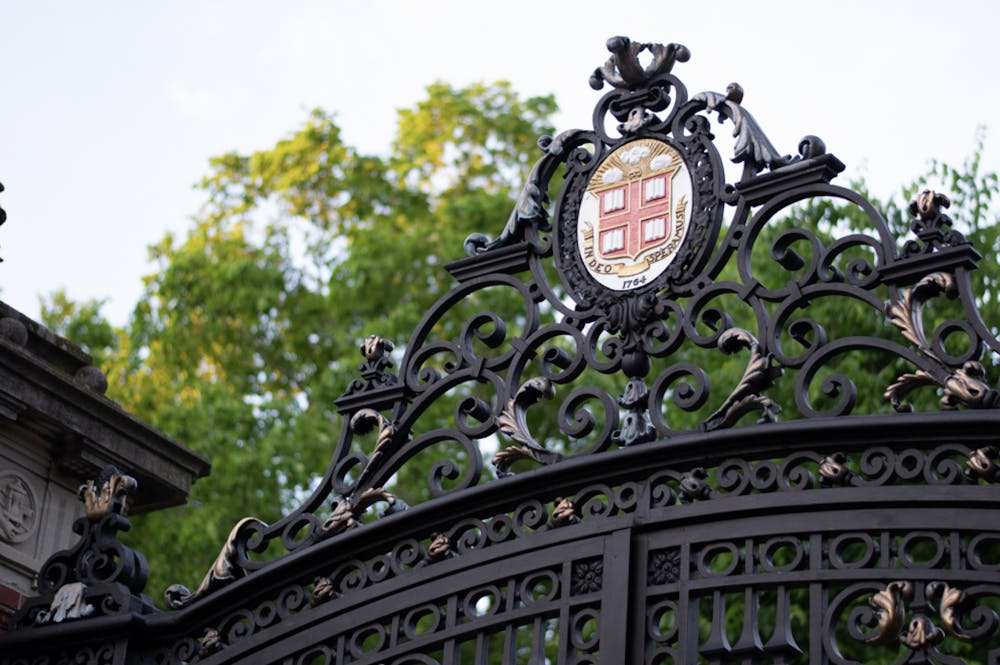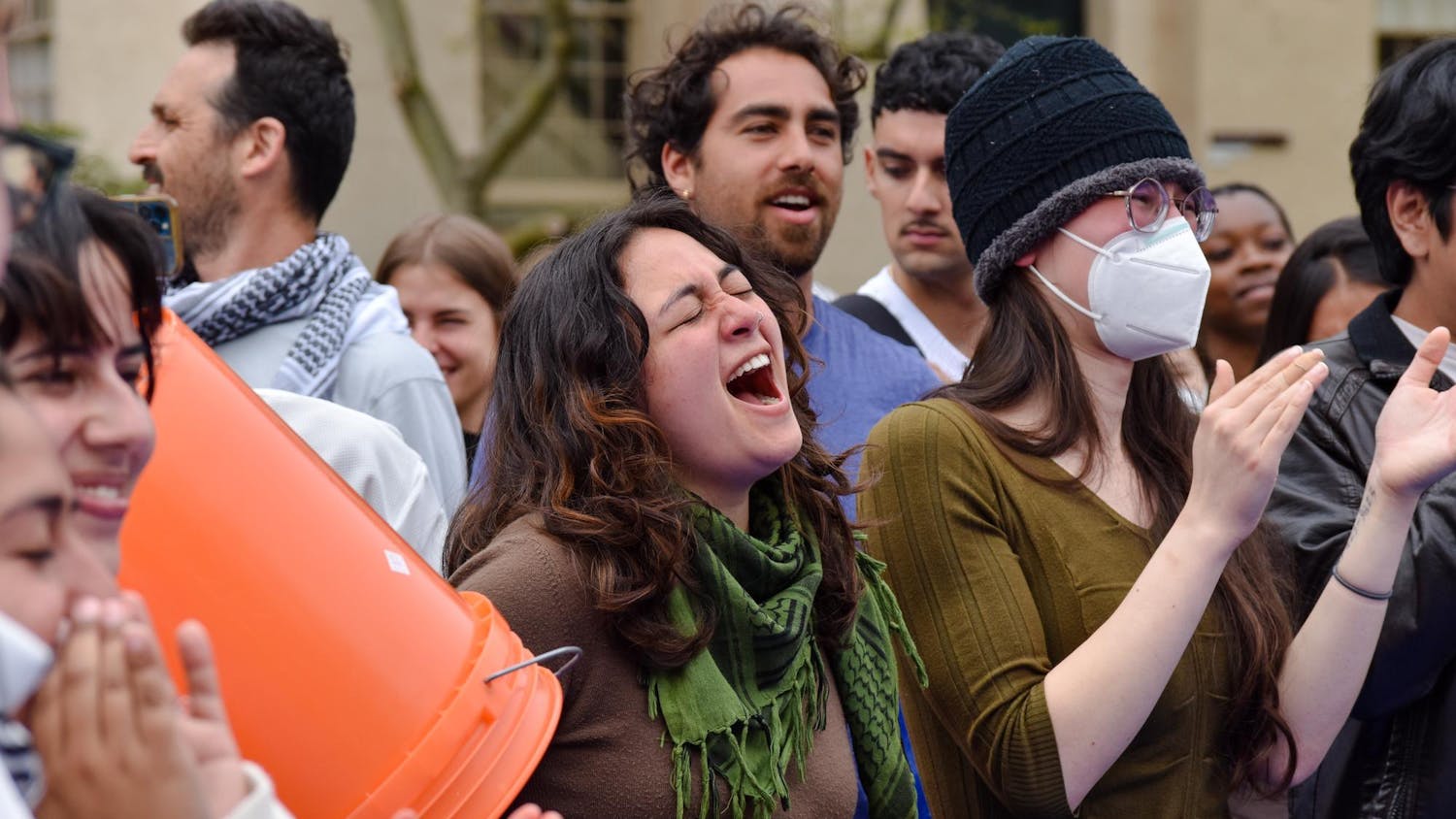The University has filed a motion to dismiss a class action lawsuit brought by students seeking reimbursement of tuition, fees, and room and board following the University’s decision to close campus in March and transition exclusively to online learning amid the coronavirus pandemic.
The motion, filed in the United States District Court for the District of Rhode Island Aug. 24, seeks dismissal on the grounds that the students’ complaint failed to state a claim. “Teaching and learning for the final weeks of the semester took a different form — as it had to — but that change does not give rise to cognizable legal claims,” the University’s dismissal motion states.
In the complaint, the students argue that the University failed to fulfill its “contract” with students when it transitioned classes online and then “unjustly enriched” itself with tuition revenue that should have been returned to students. They argue that the quality of the education they received online fell short of the in-person experience they paid for.
But the University rejects the idea that additional reimbursements are in order.
“While few aspects of our lives resemble life before the pandemic, the core value of a Brown degree remains unchanged,” University spokesperson Brian Clark wrote in an email to The Herald.
The plaintiffs failed to identify “any contractual term that obligates Brown to provide in-person, on-campus instruction,” according to the motion to dismiss. “What Brown agrees to provide in return for tuition is up to five courses of instruction per semester — with no promise as to the mode of instruction — plus the accompanying credits toward earning a degree (if the student receives passing grades),” says the motion. “Brown met that obligation, and Plaintiffs do not allege otherwise.”
The University disputes the plaintiffs’ claim that it unfairly benefited from the transition to online learning. According to the motion, the transition increased, rather than decreased, Brown’s costs. The plaintiffs “point to no purported cost savings to Brown,” the motion states, “and they ignore the obvious additional cost Brown had to incur to continue operations during a pandemic.”
The complaint was initially filed under the alias John Doe April 30. Two more students have since joined the lawsuit and the names of all three plaintiffs have been made public: Hyun Choi ’21, Anna House ’20 and Amy Pham ’23. Choi and House declined to comment, and directed The Herald to their lawyer, Hagens Berman Associate Whitney Siehl. Pham did not respond to emails and messages requesting comment.
The University issued credits or refunds for 50 percent of students’ room-and-board fees for the semester adjusted based on the level of parent contribution. This partial refund, the plaintiffs claim, is insufficient.
Colleges and universities nationwide are facing similar legal challenges from students, alums and parents who argue they are owed partial tuition and fee refunds for semesters cut short in the wake of the coronavirus pandemic.
The Seattle-based firm representing the named plaintiffs in the complaint against Brown has filed similar suits against more than a dozen other schools, including Harvard and Georgetown University, according to Siehl.
Online classes pale in comparison to the on-campus learning experience, Siehl wrote in an email to The Herald. “We will vigorously oppose Brown’s motion to dismiss the complaint,” she added.
While understanding the need for campus closure to safeguard community health, the plaintiffs argue that students deserved more of their money back when campus was shuttered in March. “We believe all students are entitled to fair tuition and fee reimbursements and intend to hold Brown accountable,” Siehl wrote.
But after being forced to close campus, the administration made provisions to fulfill the University’s mission, according to the dismissal motion. Faculty continued to teach, students continued to take classes and a quality education was still offered, the motion claims.
All three named plaintiffs completed the semester and earned the expected credits toward their degrees. House graduated while Choi and Pham have now re-enrolled in Brown for the fall, according to the motion.
The University’s motion also pointed to a broader legal context in which courts have recognized that universities deserve some autonomy when it comes to decisions related to education and scholarship.
Deadlines for further briefing obligations have been extended following a motion jointly filed Aug. 28 by the students’ and University’s lawyers. The students’ lawyers now have until Sept. 15 to file in opposition to the University’s dismissal motion.

ADVERTISEMENT




